
17-Year-Old Girl Hospitalized Due to Kidney Failure, Requires Lifelong Dialysis: Doctors Warn of 3 Common Habits Among Young People
In a heartbreaking case that has drawn attention from medical professionals and the public alike, a 17-year-old girl was recently hospitalized and diagnosed with end-stage kidney failure. Despite her young age and outward appearance of health, doctors confirmed that her kidneys had been irreversibly damaged, requiring her to undergo dialysis for the rest of her life. Medical experts are now using this case to raise awareness about the alarming lifestyle habits increasingly common among today’s youth — habits that can have devastating consequences if left unchecked.
The young girl, whose identity has been kept private, was reportedly suffering from fatigue, nausea, and swelling in her legs for several months before seeking medical attention. At first, these symptoms were dismissed as signs of stress or poor diet. However, tests revealed dangerously high levels of toxins in her blood, indicating that her kidneys were no longer functioning properly. Further examination showed that the damage was so advanced that dialysis — a process that removes waste and excess fluids from the blood — would be her only lifeline going forward.
Doctors at the hospital were shocked but not entirely surprised. Over the past decade, there has been a noticeable increase in chronic kidney disease (CKD) among young people, often linked to poor lifestyle choices. According to nephrologists, there are three particularly harmful habits that many young individuals engage in, often without realizing the risks involved.
The first dangerous habit is the excessive consumption of sugary and salty processed foods. Fast food, instant noodles, chips, and sugary beverages may be convenient and tasty, but they are often loaded with sodium, phosphorus additives, and refined sugars. High sodium intake increases blood pressure, a major risk factor for kidney damage. Over time, the kidneys have to work harder to filter out these substances, leading to gradual deterioration.
The second common mistake is chronic dehydration. Many young people replace water with energy drinks, sodas, or iced coffee, often neglecting their body’s need for adequate hydration. The kidneys require a consistent flow of water to function efficiently. When the body is dehydrated, toxins can build up in the kidneys, leading to inflammation and long-term harm. Skipping water in favor of flavored beverages may seem harmless, but over years, the impact can be significant.
Finally, the misuse of medications, especially painkillers, is another silent threat. Over-the-counter drugs like ibuprofen and naproxen, when taken frequently or in high doses, can cause kidney inflammation and reduce blood flow to these vital organs. Unfortunately, many teenagers self-medicate for headaches, menstrual pain, or stress-related discomfort, unaware of the risks involved in habitual or improper use.
Medical experts emphasize that kidney damage is often silent in its early stages, earning it the nickname “the silent killer.” Symptoms usually don’t appear until the condition is advanced — by then, reversing the damage is often impossible. Therefore, prevention is critical. Teenagers and young adults should be educated about healthy eating, staying hydrated, and using medications responsibly. Regular check-ups, even when feeling well, can help detect potential issues before they become severe.
The story of this 17-year-old girl serves as a sobering reminder that youth does not guarantee health. The modern lifestyle, filled with unhealthy dietary choices, poor hydration, and careless drug use, is putting an entire generation at risk. By changing these habits now, young people can protect their kidneys — and their futures.
News in the same category


Lemon + Cucumber: The Underrated Power Duo That Will Transform Your Health

Refresh Your Health: Benefits of Cucumber, Ginger, Mint, Lemon, and Water

If Cancer Is Lurking in the Body, These 3 Signs Often Appear at Night — But Many People Ignore Them

Cancer Is Painless at First, But If You Notice These 8 Signs While Using the Toilet, See a Doctor Early: Don’t Ignore Them

9 Indications of lack of magnesium You Ought to Be aware

Boy, 6, dies after experiencing common symptom which affects almost every child

The 7 Covid symptoms that shouldn't be mistaken for hay fever this summer
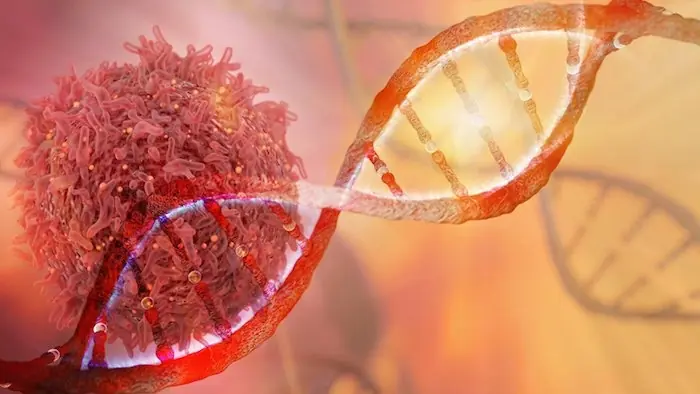
Warning: 9 Silent but Dangerous Signs of Cancer – Listen to Your Body
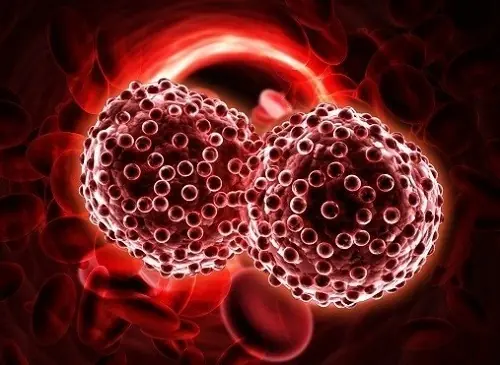
7 Early Signs of Blood Cancer Everyone Should Know
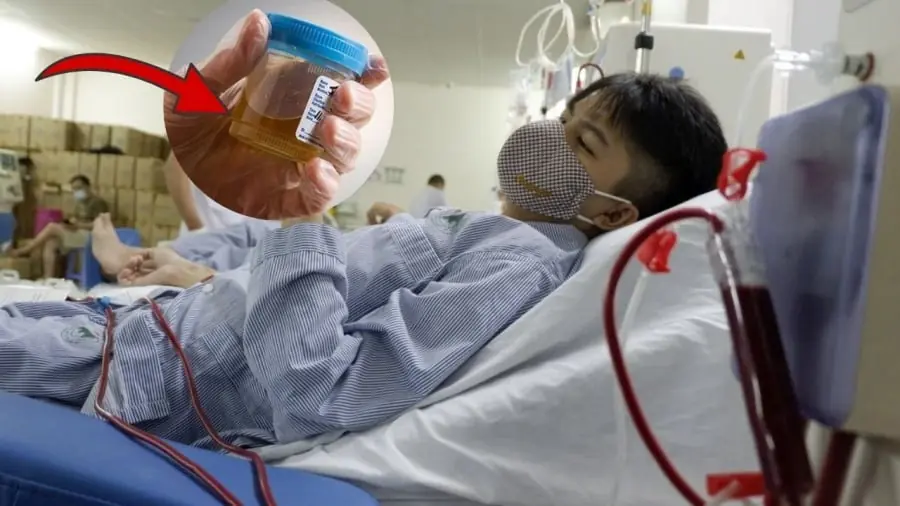
2 SIGNS OF KIDNEY DAMAGE: IF YOUR MORNING URINE HAS THIS COLOR, SEE A DOCTOR IMMEDIATELY
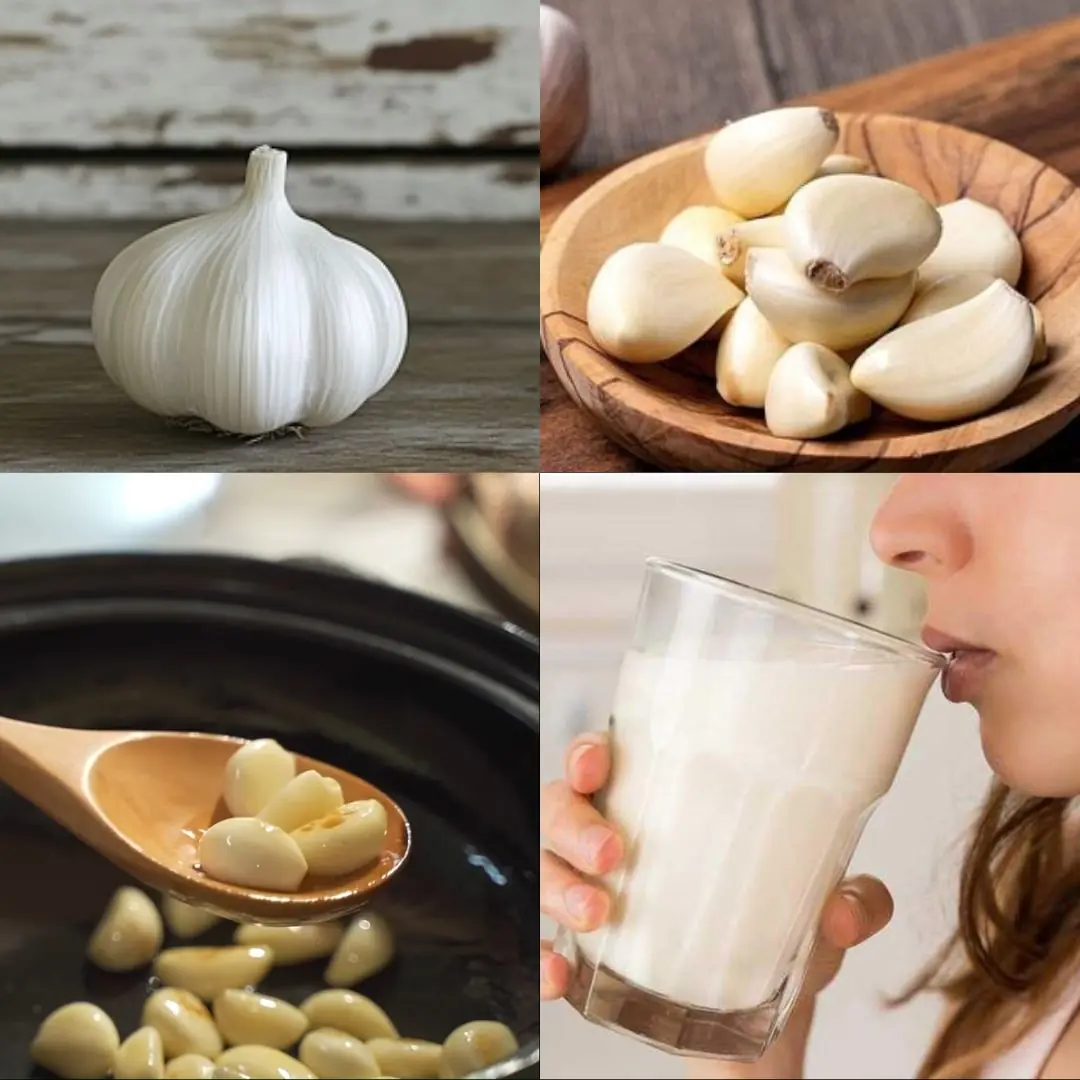
Natural Defense Against Colds and Flu

At 65, I Lost My Vision – But This Drink Brought It Back!

Doctors Say These 9 Hidden Drinking Patterns Are More Dangerous Than Binge Drinking
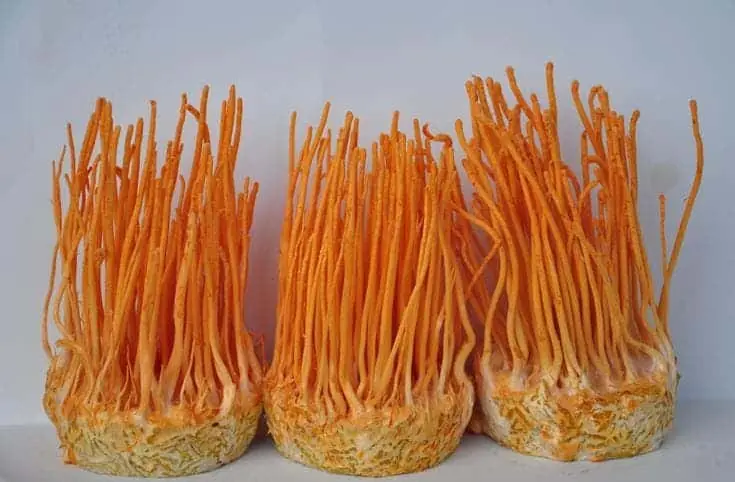
Himalayan Fungus Discovery Boosts Cancer-Fighting Power by 40 Times, Scientists Say
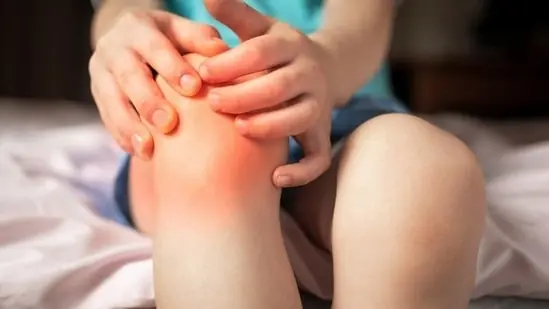
Mom of 10 Shares Symptoms of Rare Cancer Before Passing Just Weeks After Diagnosis
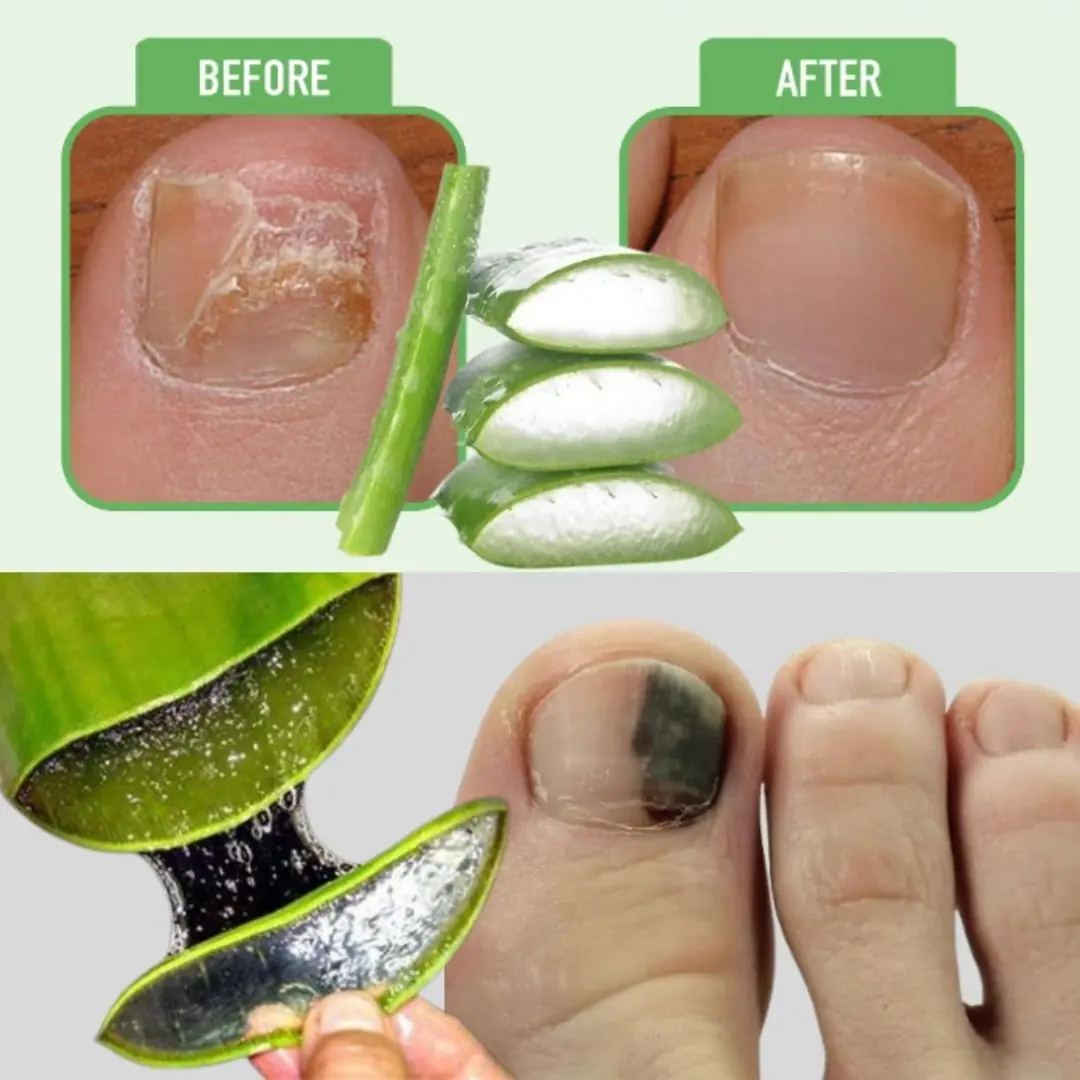
Aloe Vera: A Natural Remedy for Nail Fungus 🌿💅
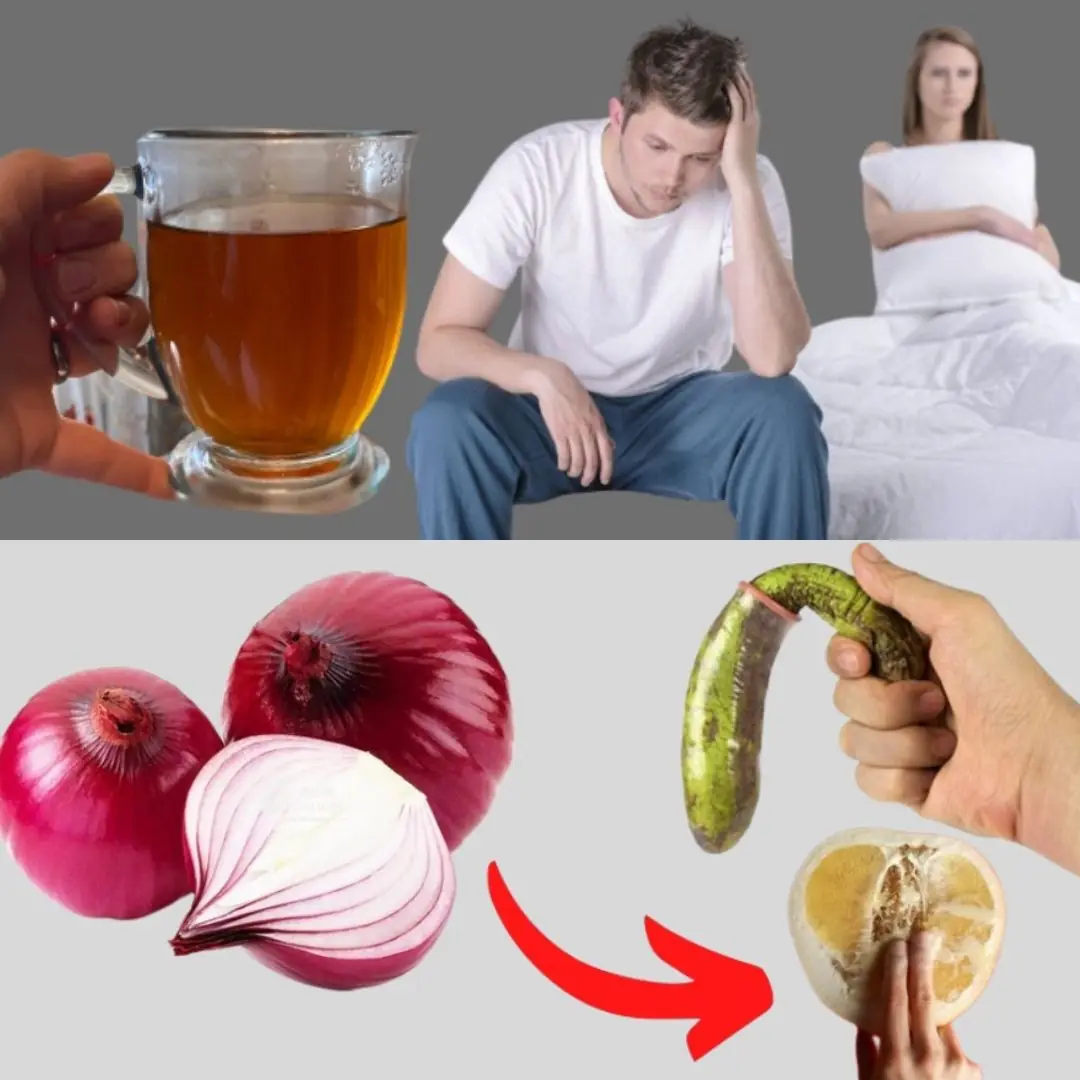
🧅 Unlock the Power of Onions: 7 Natural Ways to Boost Male Vitality & Fight ED
News Post

I Organize Wedding for Rich Woman, on the Day of Event My Husband Gets Out of Groom's Limousine

Man Hears His Brother Whispering to His Daughter ‘I’m Your Real Dad!’

My Young Stepmom Demanded I Pay Rent to Live In My Childhood Home After Dad’s Death—but She Didn’t Expect What I Did Next

Firefighters Reveal the Worst Place to Keep Your Phone

What Are Sebaceous Filaments and Why Are They on Your Face?

Tapeworms in Humans: Symptoms and Treatments (Pictures Included)

11 Health Warnings Your Fingernails May Be Sending

Urgent Alert: Vaping-Linked ‘Popcorn Lung’ Causes Lasting Harm, Experts Say

Lemon + Cucumber: The Underrated Power Duo That Will Transform Your Health

Refresh Your Health: Benefits of Cucumber, Ginger, Mint, Lemon, and Water

Nun who broke protocol to mourn Pope Francis speaks out

Miranda Lambert Performs on 'American Idol,' Igniting Mixed Reactions — Video

Why King Charles is forbidden from attending the Pope’s funeral

Canada’s new prime minister issues scathing warning to Donald Trump

If Cancer Is Lurking in the Body, These 3 Signs Often Appear at Night — But Many People Ignore Them

Cancer Is Painless at First, But If You Notice These 8 Signs While Using the Toilet, See a Doctor Early: Don’t Ignore Them

9 Indications of lack of magnesium You Ought to Be aware

There’s a Woman in a Boat Riddle: Try to Solve the Viral Riddle
